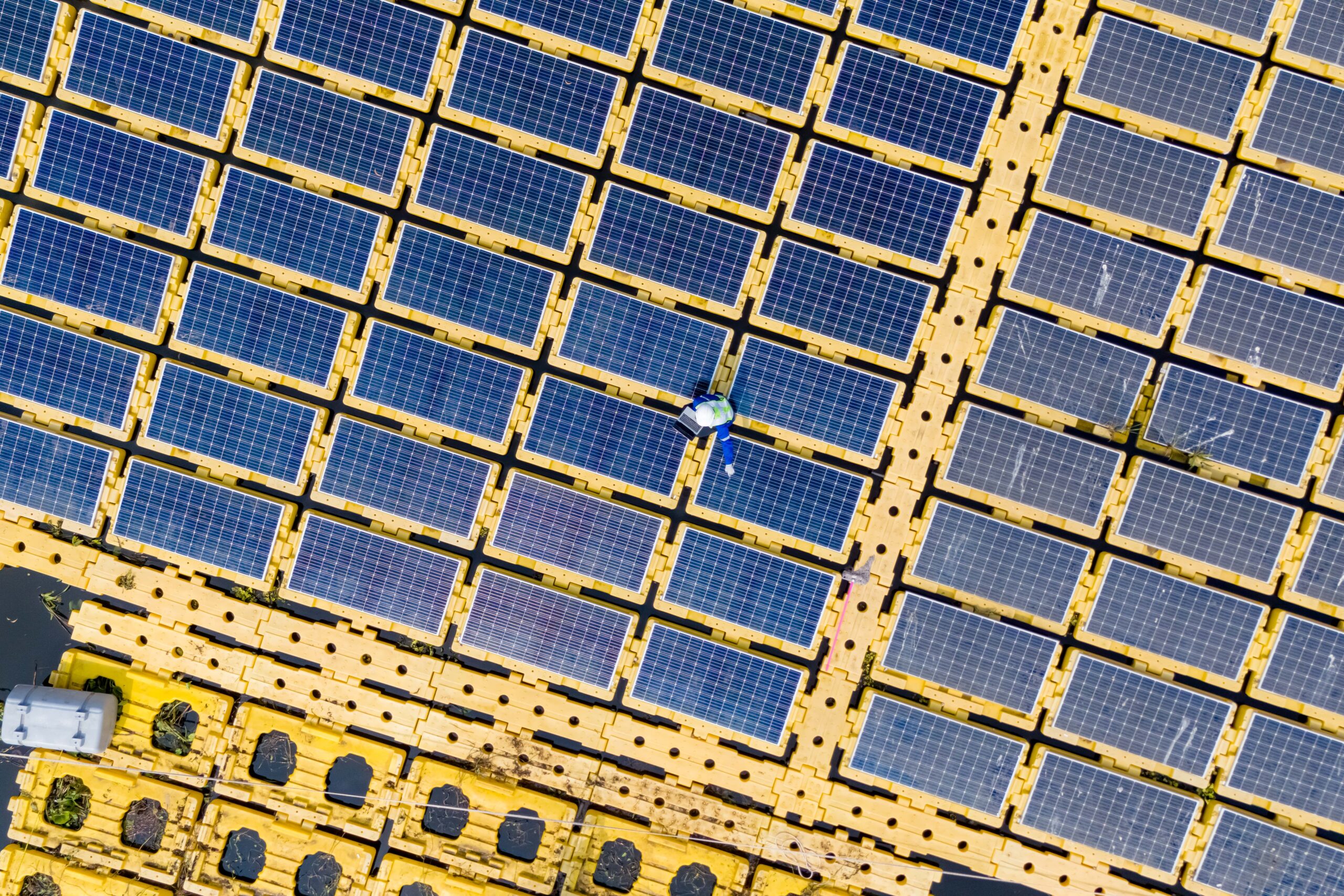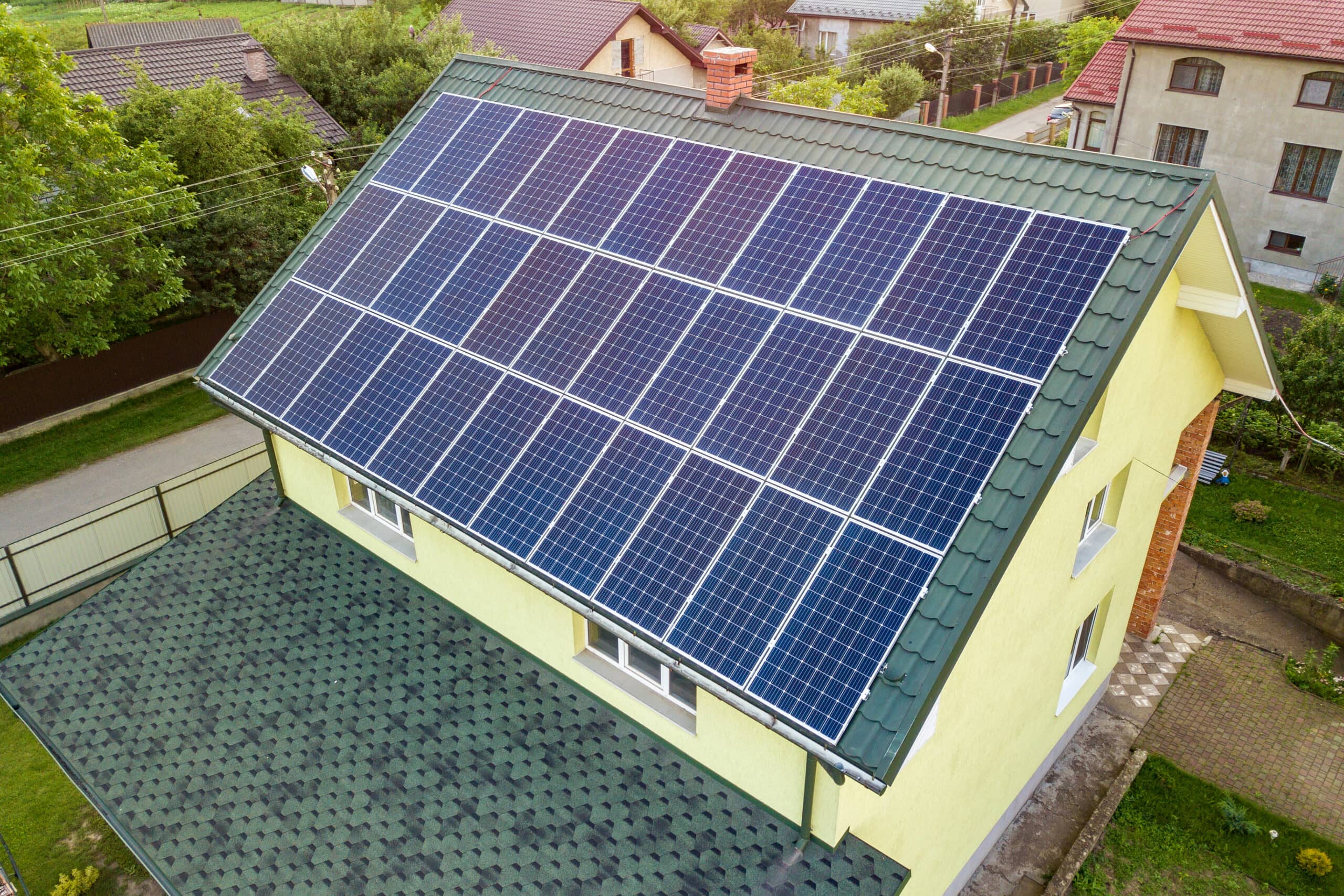Are you curious about how much energy your refrigerator consumes? This article will delve into the fascinating world of refrigerator wattage. We’ll demystify the concept, explore factors that affect energy consumption, and provide you with a clear understanding of how it impacts your electricity bill. So, let’s embark on this enlightening journey and uncover the secrets of refrigerator energy usage!
How many watts does my refrigerator use?
When it comes to the wattage of a refrigerator, it can vary based on factors like size, age, and efficiency. On average, a typical refrigerator uses around 100 to 600 watts. However, it’s important to note that newer models are more energy-efficient and use less electricity.
The size of the refrigerator plays a role in its energy consumption. Larger refrigerators generally require more energy to cool and maintain the desired temperature. If you have a spacious fridge, it might use more watts compared to a smaller one.
The age of the refrigerator is another factor to consider. Older models may be less energy-efficient so that they could use more watts. If you want to reduce energy consumption, consider upgrading to a newer model with advanced technologies and better insulation.
Additionally, the efficiency rating of the refrigerator is essential. Look for Energy Star-certified models, as they meet strict energy efficiency guidelines set by the U.S. Environmental and Energy star Protection Agency in Canada. These models are designed to use less electricity, helping you save on energy bills.
Other factors that can influence energy usage include the temperature settings you choose, how often you open the refrigerator door, and the cleanliness and maintenance of the appliance. Keeping the coils clean and ensuring proper airflow can help the refrigerator run more efficiently.
To find the exact wattage of your refrigerator, you can usually find it on the manufacturer’s label or in the user manual, which can be found online if you don’t have a physical copy.
What is a watt, and how does it relate to refrigerator energy consumption?
A watt is a unit of measurement that helps us understand electrical power. It tells us how much energy is used or produced per second. So, when we talk about refrigerator energy consumption, the wattage tells us how much power the refrigerator uses to operate.
The higher the wattage, the more electricity the refrigerator consumes.
This means refrigerators with higher wattage tend to use more energy, which may result in higher electricity bills. On the other hand, refrigerators with lower wattage use less energy and are more energy-efficient.
Understanding the wattage of a refrigerator is essential because it helps us make informed decisions about energy consumption and efficiency. Choosing a fridge with lower wattage can reduce energy usage and save money in the long run.
It’s worth noting that wattage alone isn’t the only factor that affects energy consumption. The refrigerator’s size, age, and efficiency also play a role. But knowing the wattage gives us a good idea of how much power the fridge requires.
How to determine refrigerator power usage
Determining refrigerator power usage can be done by following a few steps:
1. Check the refrigerator’s wattage: Look for the wattage information on the refrigerator’s label or in the user manual. It’s usually listed in watts (W) or kilowatts (kW).
2. Determine the usage time: Estimate how many hours the refrigerator runs per day. This can vary depending on your household’s habits and the refrigerator’s efficiency.
3. Calculate energy consumption: To calculate your refrigerator’s monthly energy consumption, find its average wattage rating (usually on a label inside the appliance). Since refrigerators run 24 hours daily, simply use this constant operating time. Multiply the wattage by 24 hours to calculate the daily energy use in watt-hours (Wh). Finally, multiply the daily watt-hours (Wh) by the number of days a month to determine the total monthly consumption in watt-hours. This value might be high enough to convert to kilowatt-hours (kWh) for easier billing comparison.
4. Calculate monthly or yearly energy consumption: Multiply the daily energy consumption by the number of days in a month or year to estimate the refrigerator’s total energy usage over a specific period.
Factors to consider when determining energy consumption include the refrigerator’s size, age, efficiency rating, and usage patterns. More extensive or older refrigerators tend to consume more energy. Energy-efficient models with higher efficiency ratings can help reduce power usage.
Remember, these calculations provide estimates, and energy consumption can vary based on various factors. If you’re looking for more precise measurements, use energy monitoring devices or consult a professional.
How many solar panels would it take to power your refrigerator?
Solar energy is an excellent way to power household appliances, including refrigerators. The number of solar panels needed to power your refrigerator depends on its energy consumption and the capacity of solar panels.
To calculate the number of solar panels needed, you’ll need to consider the following steps:
1. Determine the refrigerator’s energy consumption: Calculate the daily energy consumption of your refrigerator using the steps I mentioned earlier. This will give you the energy usage in kilowatt-hours (kWh) daily.
2. Check the solar panel capacity: Look at the specifications of the solar panels you’re considering. They typically have a power rating in watts (W) or kilowatts (kW). Let’s say you have a solar panel with a capacity of 300 watts.
3. Calculate the number of solar panels: Divide your refrigerator’s daily energy consumption by the solar panel’s capacity. This will give you the approximate number of solar panels needed to power your refrigerator.
Remember that this calculation provides an estimate, and other factors like sunlight availability, panel efficiency, and battery storage may affect the number of panels needed. It’s always a good idea to consult with a solar energy professional to assess your situation more accurately.
Considerations for integrating refrigerator power into a broader solar energy system:
1. Sizing the system: If you plan to expand your solar energy system in the future, you wouldn’t be able to expand your energy system. You would have to put in a whole different and separate system to power the other things you need
2. Battery storage: Adding energy storage to your system can provide backup power during periods of low sunlight or outages, allowing you to power your refrigerator and other appliances when needed.
3. Monitoring and management: It’s essential to have a way to monitor your energy consumption and production to ensure efficient use of solar power. This can be done through energy monitoring systems or smart home technologies.
Ultimately, buying solar panels for your refrigerator depends on your needs, budget, and long-term energy goals. It’s always a good idea to consult with a solar energy professional who can assess your situation and provide personalized recommendations.
Understanding the energy consumption of your refrigerator is essential for managing household electricity usage efficiently. Knowing how many watts your refrigerator uses and how it relates to overall energy consumption, you can make informed decisions about energy-efficient appliances and sustainable energy solutions.
Calculating refrigerator power usage and exploring solar panel options offer insights into reducing your carbon footprint and lowering energy bills. While purchasing solar panels solely for powering a refrigerator may have advantages, it’s essential to consider integrating refrigerator power into a broader solar energy system for maximum efficiency and sustainability.
In conclusion, by taking proactive steps to understand and manage refrigerator energy consumption, you can contribute to a more sustainable and environmentally friendly future while enjoying cost savings and energy independence. Let your refrigerator be necessary and part of your journey toward a greener lifestyle.






